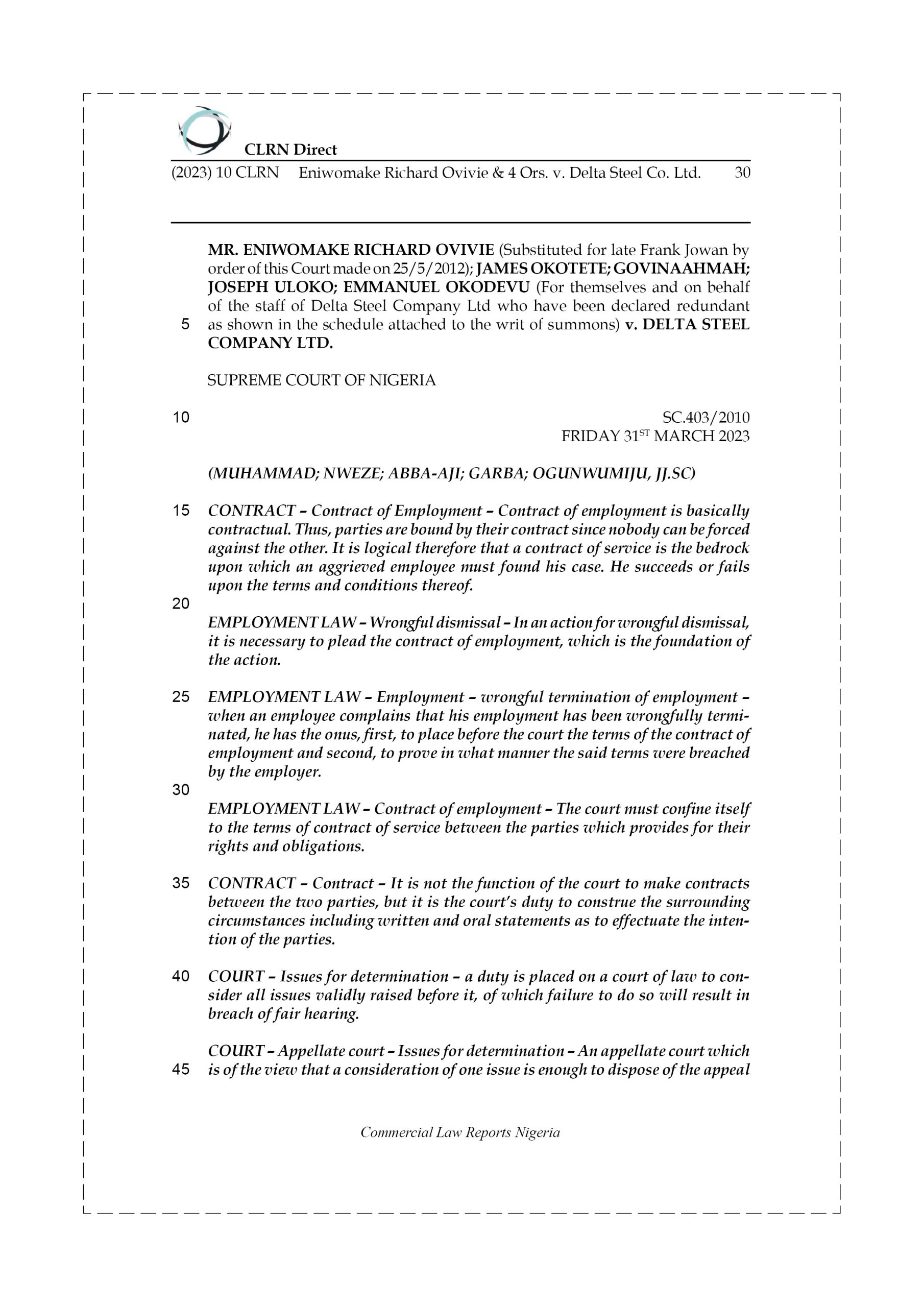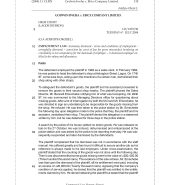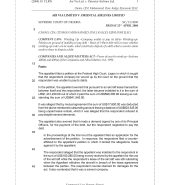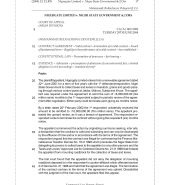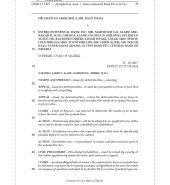-

September 2022 - Volume
- kg
1 × ₦4,000
-

MEKWUNYE v. EMIRATES AIRLINES
- kg
1 × ₦1,000
ENIWOMAKE RICHARD OVIVIE & 4 ORS. v. DELTA STEEL CO. LTD.
₦1,000
In Stock
Facts:
It was the case of the respondents at the High Court of Rivers State (trial court) that the land in dispute was founded by their ancestor, Egwu and his children who were said to have fled their ancestral home of in order to escape from slave raiders and that they exercised numerous acts of ownership, such as clearing and fanning thereon. Egwu was said to have developed a cordial relationship with the people of the neighbouring Abare community and that they shared common markets and participated in the same wrestling and dancing competitions, festivals, etc. with members of the said community. It was the further case of the respondents that Egwu and his children later returned to their ancestral home after the end of the slave raid, but still continued to enjoy undisturbed possession over the disputed land. It was stated that after the death of Egwu, the land devolved on his descendants as family property. Sometime in 1964, Agbam and Nwajoku, both members of the appellants’ family approached one Opurum Ogbuji of the respondents’ family seeking for land to farm. This request was said to have been conveyed to the respondents’ family who granted the request on the condition that the appellants’ Umuogo family would pay tribute of one goat, six jars of palm wine, one bottle of hot drink, etc. The Umuogo family was said to have paid the tribute and were allowed to farm. They were said to have paid the tribute again in 1971 after the Nigerian Civil War. It was however stated that the appellant’s started laying claim to the land and even presented themselves to Shell Petroleum Development Company (SPDC) as those entitled to compensation in respect of the parcel of land upon establishment of two oil locations (Otamiri 3 and Otamiri 6) thereon by SPDC.
The appellants were then said to have been driven away from the land in dispute. The respondents also stated that sometime in 1962, the then Niger Delta Rubber Company sought to acquire land for its rubber plantation and the company approached the Abara community, but the company was referred to the respondents’ family because the land sought to be acquired included portions of the land in dispute. After negotiations, the Abara community, the respondents’ family and other families thereafter jointly granted a lease of their lands to the company. The respondents stated that they have been receiving rents from the Niger Delta Rubber Company and its successor-in-title, the Delta Rubber Company Limited since 1962 and are still being paid annual rents by the company. The respondents are part of an association of landlords (Rubber Estate Landlords Association) to the Delta Rubber Company Limited. They however stated that the appellants have continued to trespass on the land in dispute.
The appellant on the other hand stated that their ancestor, Echem was the one who founded the land in dispute. Echem had only one son named Ottah, while Ottah had two sons named Ogo and Nwantu. After the death of Ottah, the land was partitioned between his two sons. The portion apportioned to Ogo came to be known as Egbelu Umuogo. The appellants’ traced their genealogy up to living persons, including some of the appellants on record. The appellants’ further denied being at any time customary tenants of the respondents or having paid tributes to the respondents in the past. They stated that their community sued ENDC (Eastern Nigeria Development Corporation), a predecessor to the Niger Delta Rubber Company, which later became Delta Rubber Company Limited, in suit No. P/103/64, with respect to the land in dispute in 1964 and that they had been landlords to SPDC since 1971. They stated that they continued to be paid by Shell for its use of the land.
Trial commenced in the suit and upon conclusion, the learned trial Judge delivered judgment in favour of the appellants.
Aggrieved by the decision of the trial court, the respondent appealed to the Court of Appeal (lower court). The lower in its judgement overturned the decision of the trial court and allowed the appeal in favour of the respondent.
Aggrieved by the decision of the lower court, the appellant appealed to the Supreme Court.
